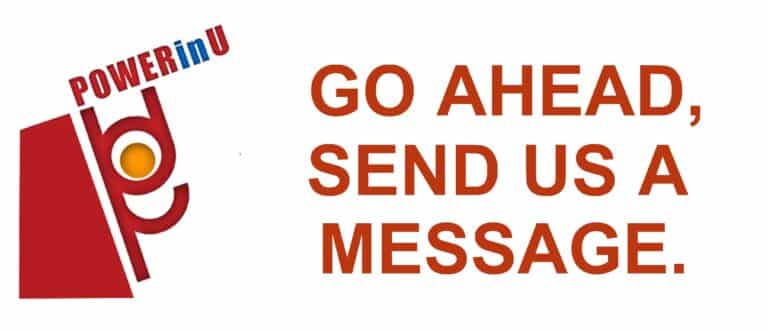
Last week, we focused on managing and leading others with emotional intelligence by practicing the competencies of empathy and of developing others through a coaching leadership style.
Under the coaching leadership style, I wrote about two necessary skills: asking great questions and giving feedback. I differentiated the judger and learner type of questions, and shared a personal story of how a learner mindset has helped me win a major, long-term consulting project.
Having a learner mindset means being accepting, taking responsibility / accountability, open-minded, flexible or adaptive, more reflective and considerate of multiple perspectives.
Today, the focus will be on giving feedback. It is very important to seek, receive and give feedback as a foundation for creating an organizational culture that engages in candid, respectful coaching conversations to improve working relationships and performance.
There are two types of feedback – the reinforcing and redirecting feedback.
>> Reinforcing Feedback: Tells you what you are doing well and what you need to continue to do.
>> Redirecting Feedback: Reveals behaviors that need to change or areas where you need more development.
Each type has its place in a coaching conversation, but reinforcing feedback is almost always more readily and accurately received by the recipient.
Redirecting feedback, by contrast, often meets resistance. It is more likely to be accepted when…
>> it comes from a credible and trusted source
>> objective, not subjective
>> specific, not vague
>> descriptive, not judgemental
>> focuses on impact, not intent
>> supported by hard data and specific examples
>> concerns behaviors controllable by the recipient
>> it is job-related
Last week, I shared my story of how a CEO client kept an open and learner mindset, at the same time, gave me a feedback when I came unprepared for a presentation. She gave a specific feedback on my lack of awareness about her expectation, and consequently, my lack of preparation to present.
I remained calm, took the feedback constructively, asked for a second chance and eventually won the project. The feedback has actually helped me become more proactive and prepared. I have also learned to validate expectations way upfront, and to be creative in uncovering them whenever I faced a dead-end.
Another personal example was when I received 360-degree feedback and ratings when I was new country business manager. Our company then did a leadership survey and I was surprised to receive a wide range of ratings and feedback from bosses, direct reports and peers in SEA countries and regional office.
I realised then the value of situational leadership, where “one leadership style did not fit all”. The awareness became a key that unlocked my pursuit for continuous development and growth as a people manager and leader.
Indeed, the feedback we give and receive is a gift. Receiving one, especially a redirecting feedback, is harder. It takes an open heart and mind to receive inputs we might not like or agree with. It takes humility to truly listen, and demands courage to do the needed actions to improve and raise the bar. Feedback help us become better persons and leaders.
Reference: original material by Karl Mulle © 2015 ATD
Related posts:

